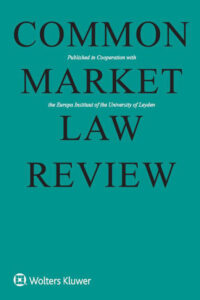Non-Custodial Sentences and Human Rights

The use of sentences which maintain offenders in the community can be viewed as a positive development in criminal justice because people targeted by these measures do not face the grave restrictions associated with imprisonment. However, analysis of practices of electronic monitoring and unpaid work requirements in the first part of this article suggests that these sentences may also raise serious concerns and that they should be viewed on a continuum alongside imprisonment. The second part of the article turns to human rights law. With the recognition that unpaid work requirements and electronic tagging may involve serious restrictions to freedom, result in a loss of rights, and negatively affect societal reintegration, the article identifies principles in human rights law which should apply to community sentences.


